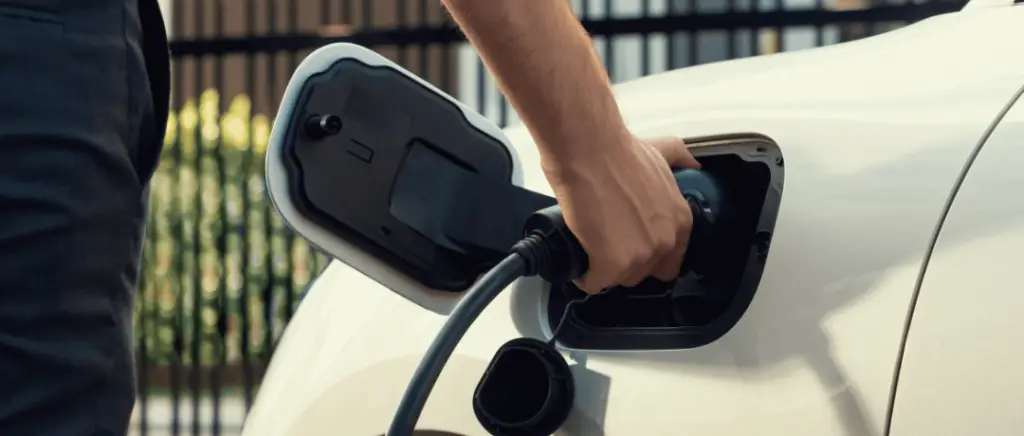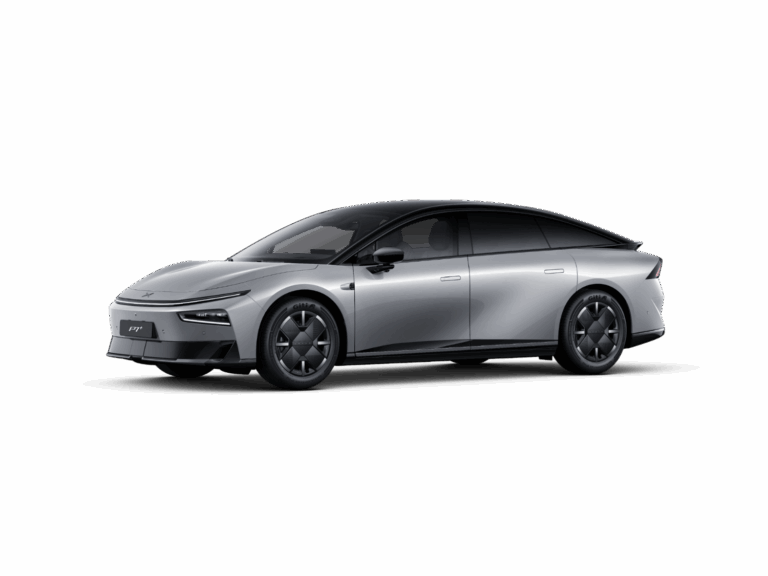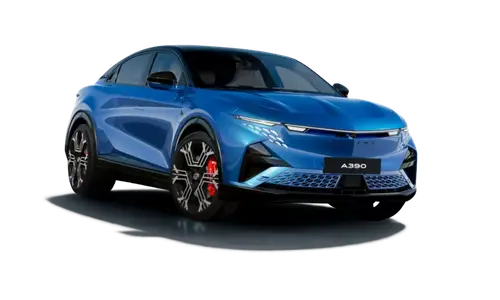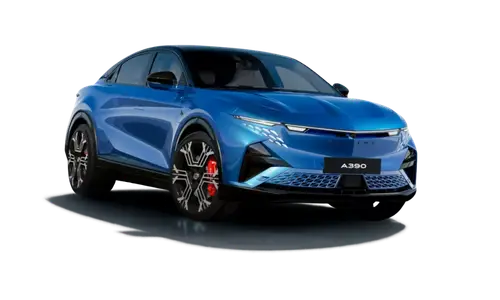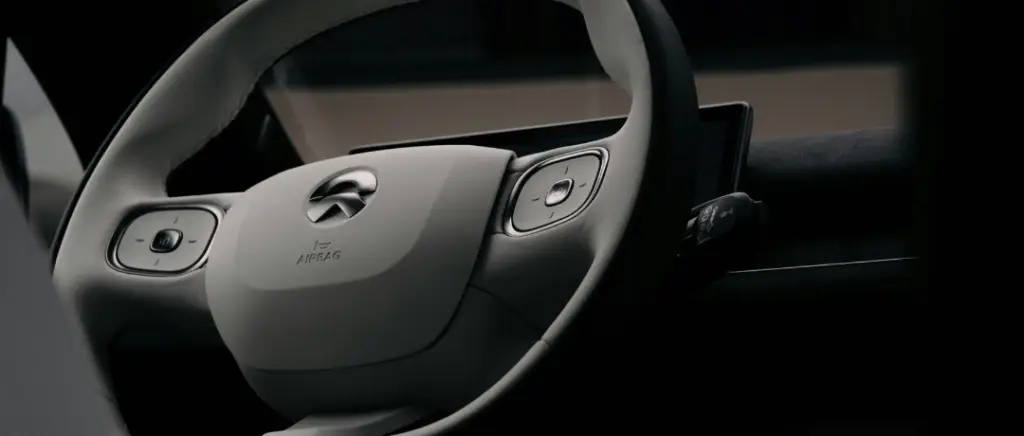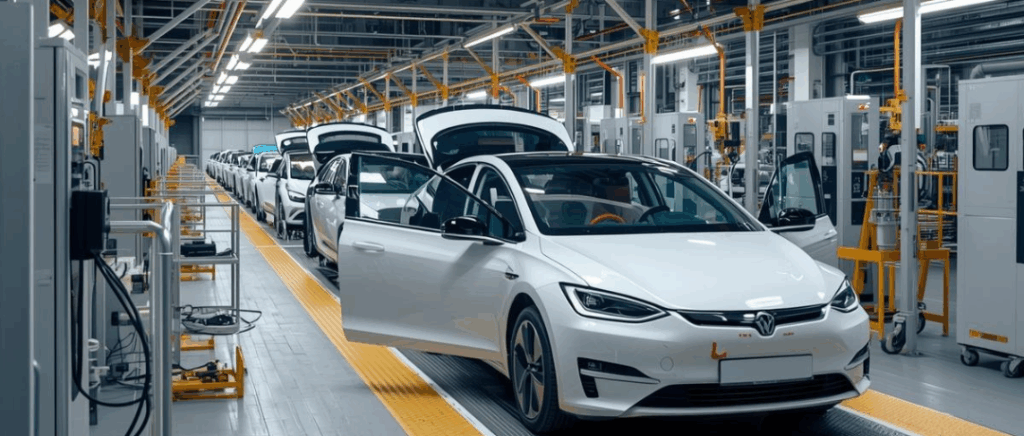Public charging for electric cars: the state of play
Public charging points on the increase
The landscape of electric charging in France has changed considerably in recent years. By November 2024, France had 152,887 recharging points open to the publica impressive increase from 11% in 6 months, and 34% in just one year. This rapid growth demonstrates the country's commitment to electromobility and exceeds initial forecasts.
And the figures speak for themselves:
- A average availability rate of 88%.
- 227 recharging points per 100,000 inhabitants.
- More than 39,000 new charging points installed in 1 year.
In addition, although urban areas remain better equipped, efforts are continuing to ensure more even coverage of the territory. Large, medium-sized and small towns are seeing their recharging infrastructure to meet growing demand.
But that's not all: one of the most promising aspects of this expansion is thesignificant increase in the number of fast and ultra-fast charging points :
- 15,289 fast charging points (>50 kW),
- including 7,644 very high-power recharging points (>150 kW).
To consult : Which fast-charging station should I choose for my business?
These facilities enable charges in less than 20 minutesto meet the needs of drivers on long journeys.
The French government has no intention of stopping there. With a target of 400,000 public charging points by 2030In the coming years, deployment efforts will be stepped up. This ambition is backed by substantial investment and a strong political will to support the transition to electric mobility.
In short, theRapid expansion of public charging points in France bears witness to a positive momentum in the electromobility sector. With a continuous growth and targeted investmentsthe French recharging network is positioned as theone of the most dynamic in EuropeThis paves the way for a future in which recharging electric vehicles will be as easy and accessible as filling up with petrol is today.
Current problems with public charging points
Despite the progress made in deploying public charging points in France, a number of problems persist, affecting the user experience and slowing the widespread adoption of electric vehicles.
For further information : The problem of public charging points in France
Initially, the most glaring problem concerns the availability of recharging points. According to the latest data from Avere-France, around 20% of public pay stations are unavailable at any one time. This means that one terminal in five is out of service or undergoing maintenance, creating frustration for drivers who rely on this infrastructure.
Secondly, the the distribution of charging points across France remains unbalanced. Urban areas are generally better equipped, leaving the rural regions and certain peri-urban areas that are less well served. This situation accentuates the anxiety linked to theautonomy for drivers on long journeys.
Thirdly, a major problem concerns the real power delivered by the terminals. Although the number of fast chargepoints is increasing, many of the existing ones offer relatively low charge rates. This situation considerably extends recharge timesThis is particularly problematic during busy periods.
But that's not all: the diversity of operators and payment systems, in particular via recharge cardsThis can make it difficult for some users to use public charging points. As a result, thethe lack of a unified, easy-to-use payment system remains a barrier to adoption of electric mobility.
You want to order your Beev recharge card ?
Thanks to our card,recharge your electric car with ease at all the charging points available in Europe.
What's more, the charging rates can vary considerably from one operator to another and from one terminal to another, without always providing a clear justification for the user. This lack of transparency can lead to unpleasant surprises at the time of payment.
According to theUFC-Que Choisirthe tariff disparities of up to 400% between the various fast-charging station operators. Faced with this problem, the government is asserting its determination to remedy the situation, by relying on the European regulation 2023/1804/EU of 13 September 2023, which significantly strengthens operators' obligations in terms of tariff transparency.
Faced with these challenges, the strengthening of controls by the fraud control authorities from 2025 onwards appears to be a necessary step in order to improve quality and the reliability of the public recharging network. These controls should help to resolve some of these problems, in particular with regard to availabilityof transparency tariff and securityoffering a better experience for electric vehicle users.
To consult : Charging station: the new QR code scam
New control measures planned from 2025
La DGCCRFunder theauthority of the Ministry of the EconomyAs a result, the French Ministry of the Environment will be taking charge of a vast campaign of checks on public charging points. This initiative stems from an official response from the National Assembly to the deputy Karl Olivewhich expressed its concerns about recharging infrastructure. Its concerns includeopaque pricing and thebank cards cannot be used at many of the charging points.
The aim of the scheme is to respond to the growing concerns of users of electric vehicles in the face of persistent problems linked to the tariff transparency and terms of payment.
As mentioned above, the market for public charging points is booming, but there are still a number of shortcomings that are holding back the widespread adoption of electric vehicles:
- The complexity of payments : Many kiosks do not yet accept bankcards or require multiple subscriptions via different applications.
- Lack of pricing transparency Prices: Prices vary considerably from one terminal to another, with no clear display for users.
- Failure to comply with European standards : Since April 2024, the European AFIR (Alternative Fuels Infrastructure Regulation) has imposed strict obligations to guarantee anonymous payments and simplified access to infrastructure.
To go further, since mid-2024, operators have been required to disclose specific information on charge points a power less than 50 kWincluding :
- the rate per kWh supplied,
- the cost per minute of use,
- the price per recharge session...
As a result, the DGCCRF will be responsible for to verify compliance with these requirementsas well as respect for theObligation to install bankcard payment terminals in all kiosks over 50 kW..
In the event of non-compliance, the DGCCRF imposes severe administrative penalties:
- Up to 15 000 € fine for a natural person.
- Up to 75 000 € for a legal personas a company operating terminals.
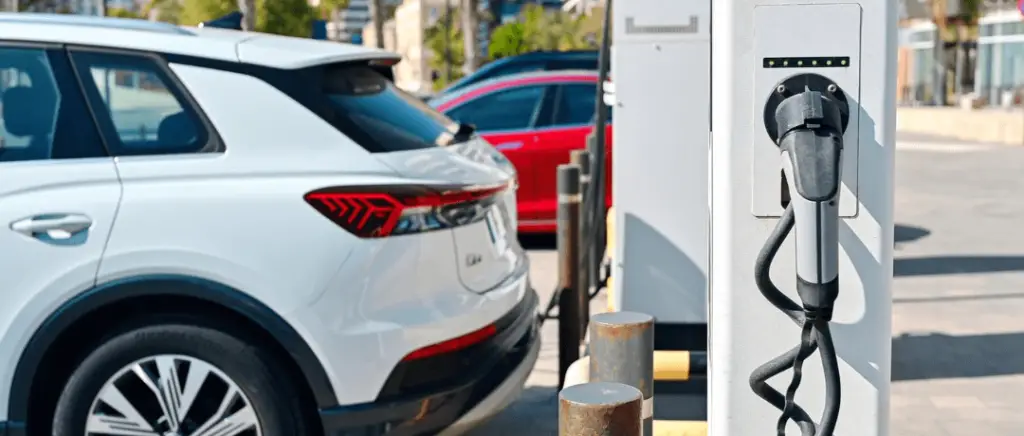
The impact of these new measures on the various stakeholders
For terminal operators
The new control measures planned for 2025 will have a significant impact on operators of public charging points. These changes, although binding in the short termshould help to professionalise the sector and accelerate the adoption of electric vehiclescreating new growth opportunities for terminal operators.
To recap, operators will have to invest in upgrading their infrastructures to comply with the new requirements. This includesThe installation of bank card payment terminals on terminals of more than 50 kW and the updating fare display systems. Operators will be required toclearly display prices on all their terminals. This transparency could intensify competition between operators.
In addition, the obligation tooffer anonymous payment options and without subscription may require a overhaul of existing payment systems. Operators will have to ensure that their terminals allow simple transactions that are accessible to all users.
Operators who adapt quickly and effectively to the new requirements could benefit from a competitive advantageby offering a better user experience and attracting more customers.
For users
With clearer pricing information and simplified payment options, l'overall charging experience should improve considerably. This could help to reduce range anxiety and encourage the adoption of electric vehicles.
What's more, the DGCCRF's stepped-up inspections will ensure that better protection for users against unfair or deceptive practices. Fines for non-compliant operators should encourage strict compliance with the new rules.
These changes should greatly simplify the use of public charging points, making electric mobility more accessible and attractive to a greater number of drivers.
Conclusion
The new regulations introduced by the DGCCRF mark a major step forward in the development of recharging infrastructure for electric vehicles in France. Thanks to these tighter controlsusers can expect a more convenient charging experience. transparentmore reliable and more fair. Terminal operators, for their part, will have to adapt to these new requirements to ensure the long-term future of their business and meet the expectations of a fast-growing market.
But that's just the beginning! The deployment of charging points is not limited to regulatory issues. There are many other issues at stake, such as the integration of renewable energies in rechargingthe development of intelligent recharging solutions or theenvironmental impact of batteries.
Read more : Recharging your electric car with green energy: a good option?
However, this change also means that users have to rethink the way they interact with charging stations. In this respect specialist platforms such as Beev are proving to be invaluable allies. Thanks to its dedicated services, Beev facilitates access to appropriate recharging solutionsand guide users through the transition to simplified electromobility.
